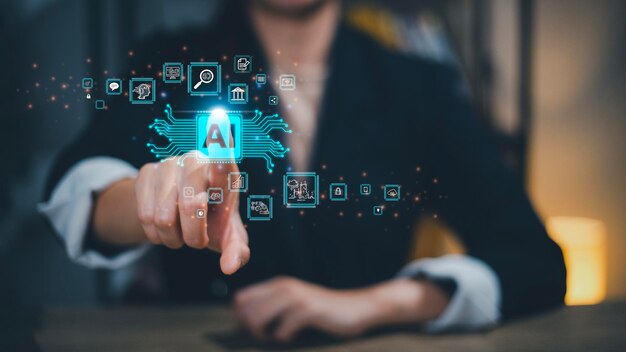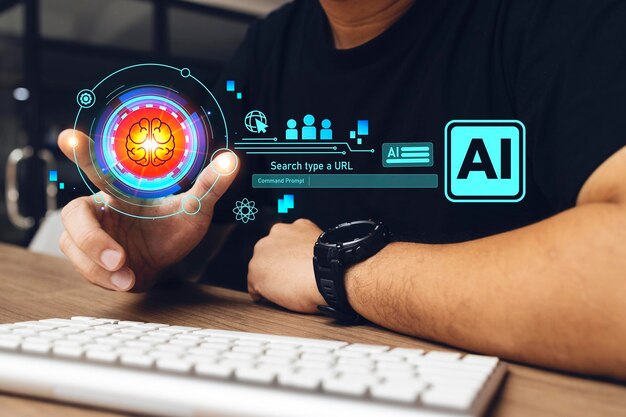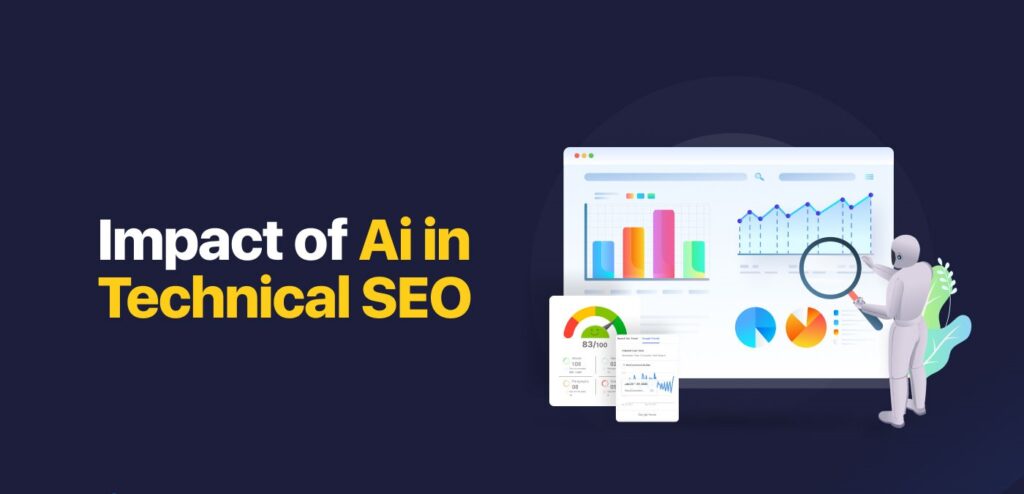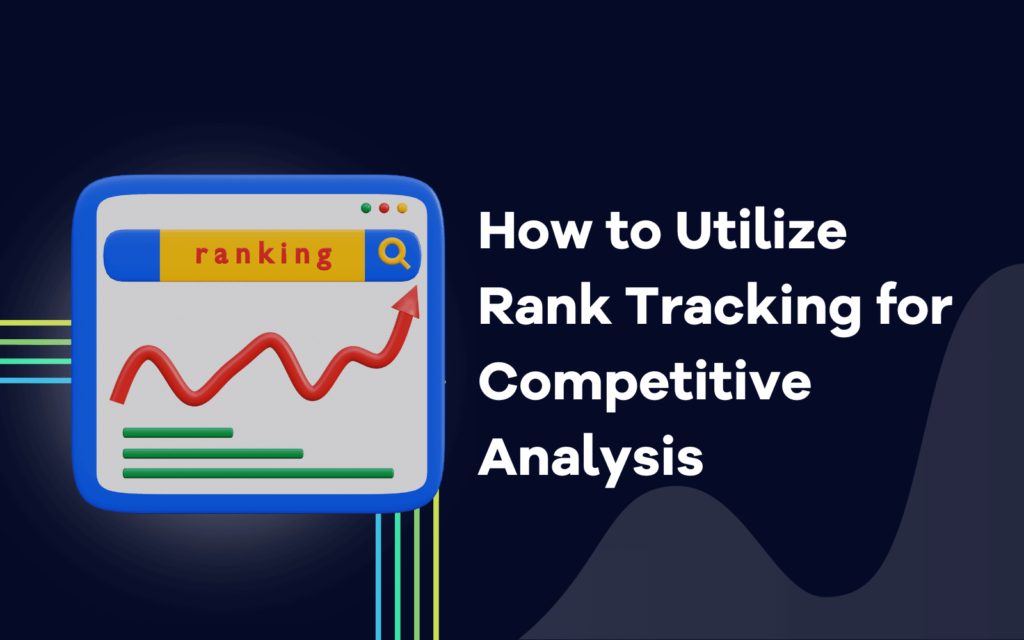Search Engine Optimization (SEO) is an ever-evolving field, and staying ahead of the curve is essential for success in the digital landscape. In recent years, artificial intelligence (AI) and machine learning have emerged as transformative forces in SEO. In this blog post, we’ll explore the future of SEO and the exciting trends in AI and machine learning that are shaping the way we optimize websites for search engines.
AI-Powered Content Generation

AI and machine learning are revolutionizing content creation. With the help of AI-driven tools, you can now generate high-quality, relevant content in a fraction of the time it would take a human writer. These tools can analyze user intent, keyword data, and existing content to create articles, product descriptions, and blog posts that are not just grammatically correct but also optimized for SEO. This trend is changing the way businesses approach content creation and SEO.
Predictive Analytics for SEO
Predictive analytics, powered by machine learning algorithms, is becoming a powerful tool for SEO professionals. These algorithms can analyze historical data, spot patterns, and make predictions about future search trends. By identifying emerging keywords and topics, SEO experts can proactively optimize their content to rank for new search queries before they become saturated.
Improved User Experience with AI

AI is playing a significant role in enhancing user experience, which is a critical factor for SEO. Machine learning algorithms can analyze user behavior, preferences, and interactions on a website to personalize content, recommend products, and optimize site navigation. These personalized experiences not only increase user engagement but also reduce bounce rates and improve search engine rankings.
Voice Search Optimization

The rise of voice-activated devices like Amazon’s Alexa and Google Assistant has created new challenges and opportunities in SEO. AI-driven natural language processing (NLP) algorithms are helping search engines better understand and respond to voice queries. SEO professionals are adapting their strategies to optimize for voice search, which often involves targeting long-tail keywords and conversational phrases.
AI-Enhanced Technical SEO

Technical SEO is another area benefiting from AI and machine learning. Automated tools powered by AI can quickly analyze website performance, identify issues like broken links, duplicate content, and slow load times, and suggest improvements. This automation not only saves time but also ensures that technical aspects of a website are continuously optimized.
AI-Powered SEO Audits
Traditional SEO audits can be time-consuming and labor-intensive. AI-driven SEO audit tools can scan websites and provide comprehensive reports on technical, on-page, and off-page SEO issues. These tools can prioritize issues, making it easier for SEO professionals to focus on high-impact improvements.
Rank Tracking and Competitive Analysis

Machine learning algorithms can provide more accurate and dynamic rank tracking. SEO professionals can monitor their rankings in real-time, analyze competitor performance, and adapt strategies accordingly. This enables more agile and data-driven decision-making.
Content Recommendations and Optimization
AI-driven content recommendation engines can help SEO professionals identify gaps in their content strategy. By analyzing user behavior and search trends, these tools suggest relevant topics, keywords, and content formats to optimize for better search engine visibility.
Conclusion
The future of SEO is undeniably intertwined with AI and machine learning. These technologies are making SEO more efficient, data-driven, and adaptable. By embracing AI and machine learning trends, SEO professionals can stay at the forefront of the industry and achieve better results in an increasingly competitive online landscape. As AI continues to advance, the opportunities for innovative SEO strategies are bound to expand even further.
